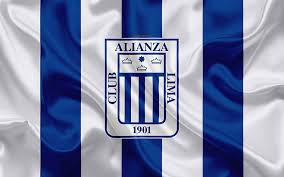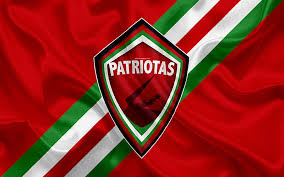The Miami Dolphins FC is not just a football team; it’s a symbol of passion, perseverance, and the vibrant culture of Miami. From its humble beginnings to becoming one of the most recognized franchises in the National Football League (NFL), the Dolphins’ history is rich with triumphs, heartaches, and unforgettable moments that have solidified their place in American i9bet sports lore.
The journey of the Miami Dolphins FC started in 1965, and since then, they have captured the hearts of fans worldwide. This blog post delves deep into the evolution of this iconic football franchise, exploring its formation, legendary players and coaches, significant seasons, and the cultural impact it has had on Miami and beyond.
Origins of a Franchise Miami Dolphins FC
Understanding the Miami Dolphins FC necessitates a look back at the origins of professional football in Miami and how the franchise was established against all odds.
The Birth of the Team
In the mid-1960s, Miami was on the verge of transforming into a major sports city. The appetite for professional football was palpable, with local businessmen and enthusiasts eager to see a team represent the vibrant culture of South Florida.
The Dolphins were founded in 1965 by businessman Joe Robbie and his partner Danny Thomas. Initially, the team struggled for recognition in the competitive landscape of professional football. The Dolphins became part of the American Football League (AFL), which later merged with the NFL. This merger transformed the Dolphins from a fledgling franchise into a key player in the league’s future.
The choice of the name “Dolphins” symbolizes both the coastal location of Miami and the lively spirit of the city itself. It was a name that resonated with the community, and fans quickly rallied around their new team, creating a foundation of loyalty that persists today.
Early Challenges and Growth
The early years were fraught with challenges as the team struggled to find its footing in the league. The Dolphins finished last in their division during their inaugural season. However, they laid the groundwork for success, learning valuable lessons about strategy, teamwork, and resilience.
Coach George Wilson was appointed during these formative years, emphasizing discipline and hard work. His vision set the stage for future prosperity. Although the Dolphins did not achieve immediate success under Wilson, his leadership helped establish a winning culture that would bear fruit in subsequent seasons.
Fans began to take notice, and attendance at games increased, reflecting the growing excitement surrounding the Dolphins. The vibrant atmosphere of Miami began to envelop the franchise, creating a unique identity that would play a crucial role in its legacy.
Transitioning into the NFL
As the AFL-NFL merger loomed, the Dolphins found themselves poised for a transformation. Joining the NFL brought heightened visibility, resources, and competition. The Dolphins thrived during this period, setting the stage for one of the most successful eras in franchise history Miami Dolphins FC.
With the merger, the Dolphins gained access to better talent through drafts and free agency, while also competing against stronger teams. This transition was pivotal, as it allowed the franchise to attract star players who would become legends in their own right.
In this new chapter, the Dolphins began to rise in prominence, showcasing the potential that lay within the squad and capturing the attention of the national audience.





